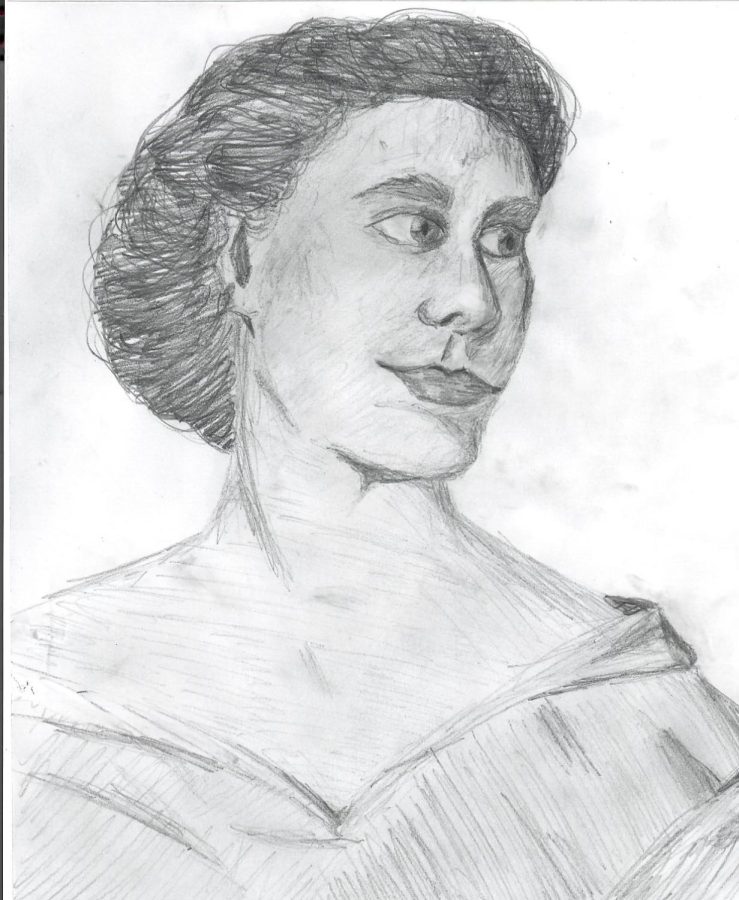The Queen’s Legacy
On Thursday, the Queen of England passed away. With her death, many people are reflecting on the good and the ugly of her life and legacy.
The recent news of Queen Elizabeth II’s death brings up questions about what her legacy will be.
The Queen was born April 21, 1926, to Prince Albert and Lady Elizabeth Bowes-Lyon. Her monarchy lasted for 70 years. She was a mother to four children: Charles III, Andrew, Anne, and Edward. She was known for her love for Corgis and was an avid supporter of Equestrian sports.
As the longest British Monarch, with a reign of 70 years, she will forever be loved by many and remembered for her accomplishments, but to me, she’ll forever be known as the face of modern colonization.
As a Nigerian, hearing about the death of the Queen of England was interesting to me. My dad was born in 1960, the year that Nigeria technically gained its independence—in reality, Elizabeth II remained Nigeria’s “Queen” until 1963. Once I got home on Thursday, I talked with him about the Queen’s death and the topic of Nigeria being under British colonial rule came up. In the conversation, my dad talked about the issues created by colonialism in Nigeria. They attempted to strip my people of their culture, the same way they always have—through slavery and humiliation. Not only did the British have conflicts with the Nigerians, but as a result of their interference, groups in Nigeria began to have increased conflict with one another, eventually leading to the Civil War in 1967.
My country has been independent for 62 years. Each year we celebrate our long-awaited freedom from subjugation. While I cannot pin the blame for Nigeria’s problems completely on the Queen, I can’t help but feel animosity towards her or think that maybe we would’ve been better off without British interference. Today, Nigeria’s government is filled with corruption. Our current republic has only been in place since 1979. Our officials try to model the ideals of the white man, and as a result, we are losing more of our Nigerian identity.
Many countries, like Nigeria, that have been colonized by England still struggle to maintain their governments and economies. Cameroon, for example, was formerly colonized by Britain, and the country has also dealt with a Civil War. After being colonized, countless countries have been left to fend for themselves, but their examples were corrupt, which led to more corruption. Seeing the country that I love, and many countries alike, continue to struggle from the effects of being colonized deeply saddens my heart.
While Elizabeth II was a great leader in many areas, her involvement in imperialism must be addressed. At the end of her reign, she held sovereignty over 15 countries. Even in the 21st century, I continue to see colonization and the abuse of power over developing countries. This causes me to question when colonization and imperialism will come to end and all countries will be independent.

Olufunmilayo “Funmi” Oladipo starts her day with a bowl of cereal. Her current favorite is Cheerios that she microwaves before she eats. During Nest...






